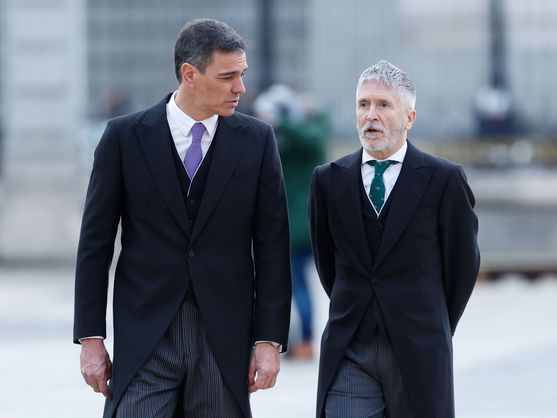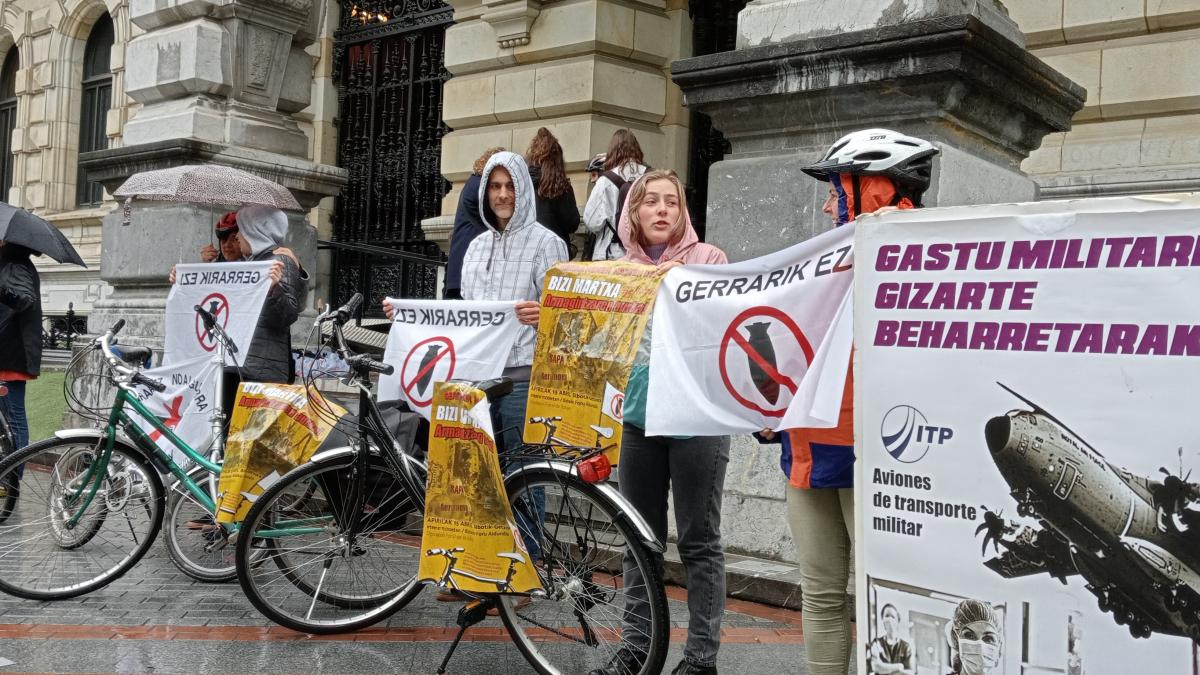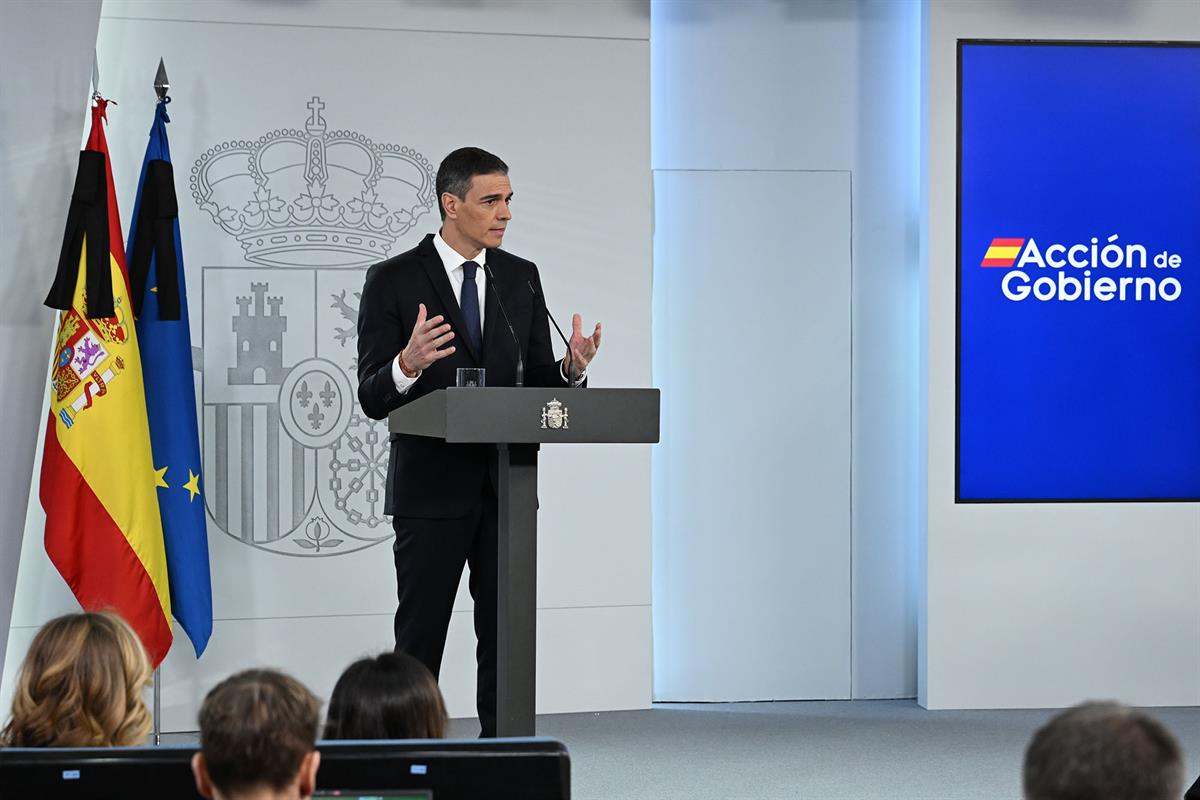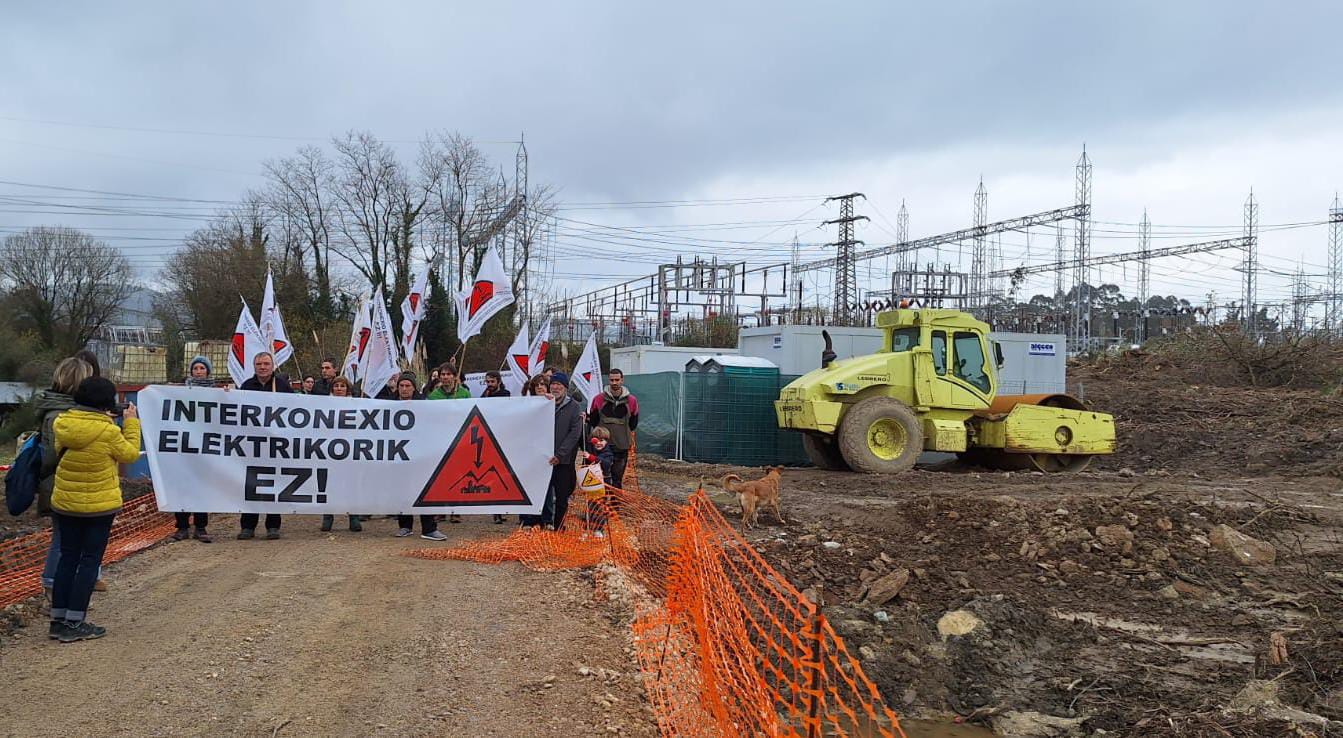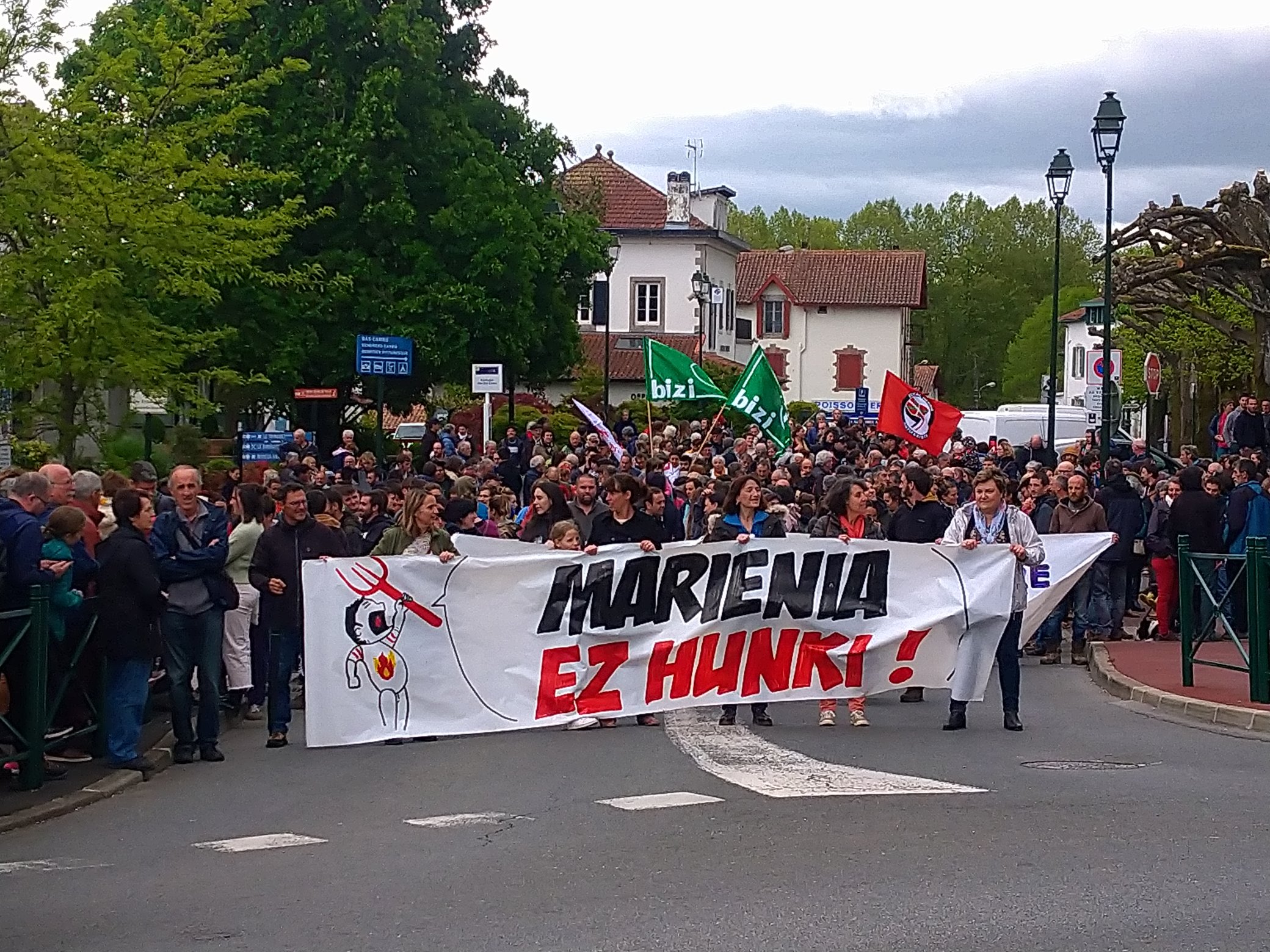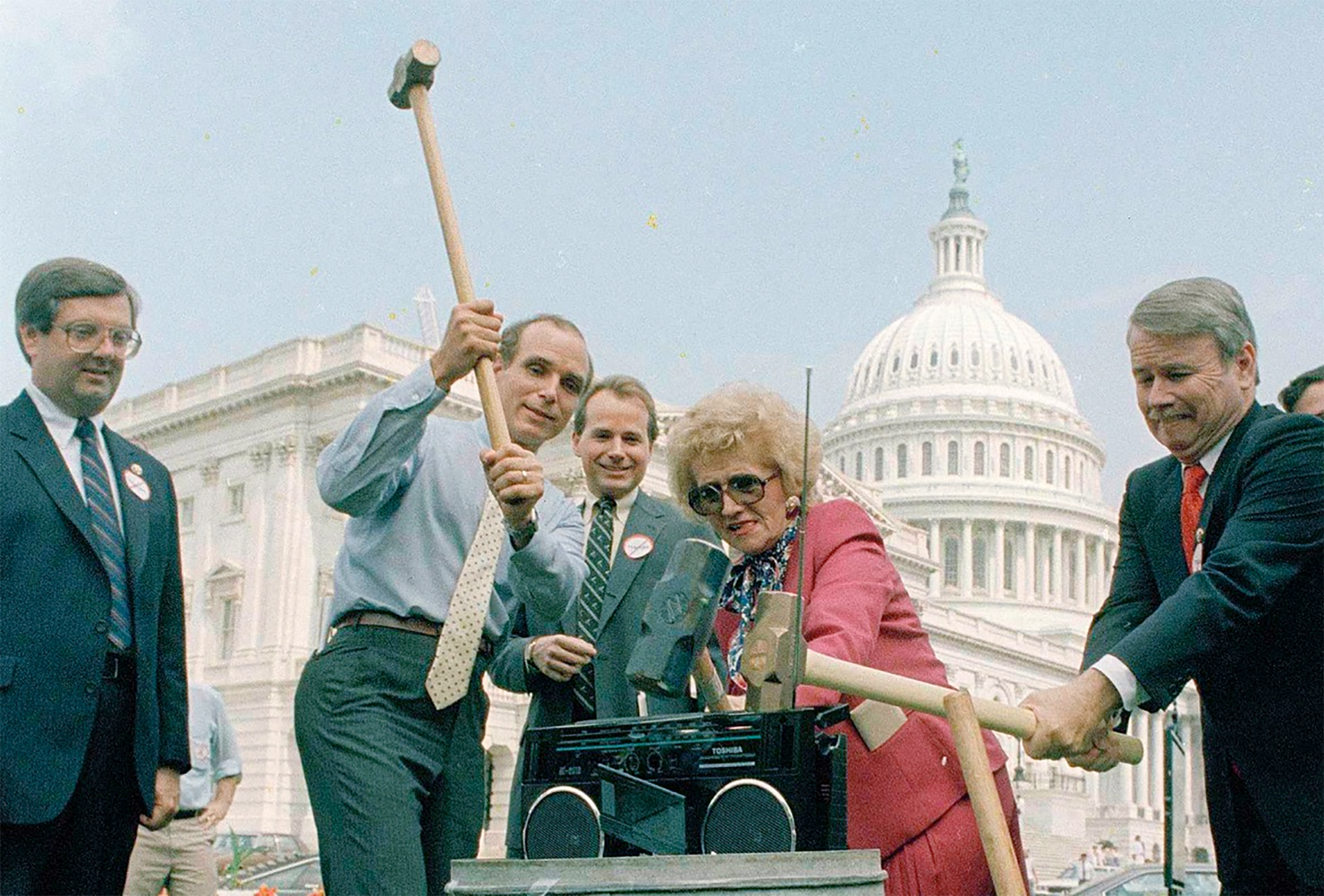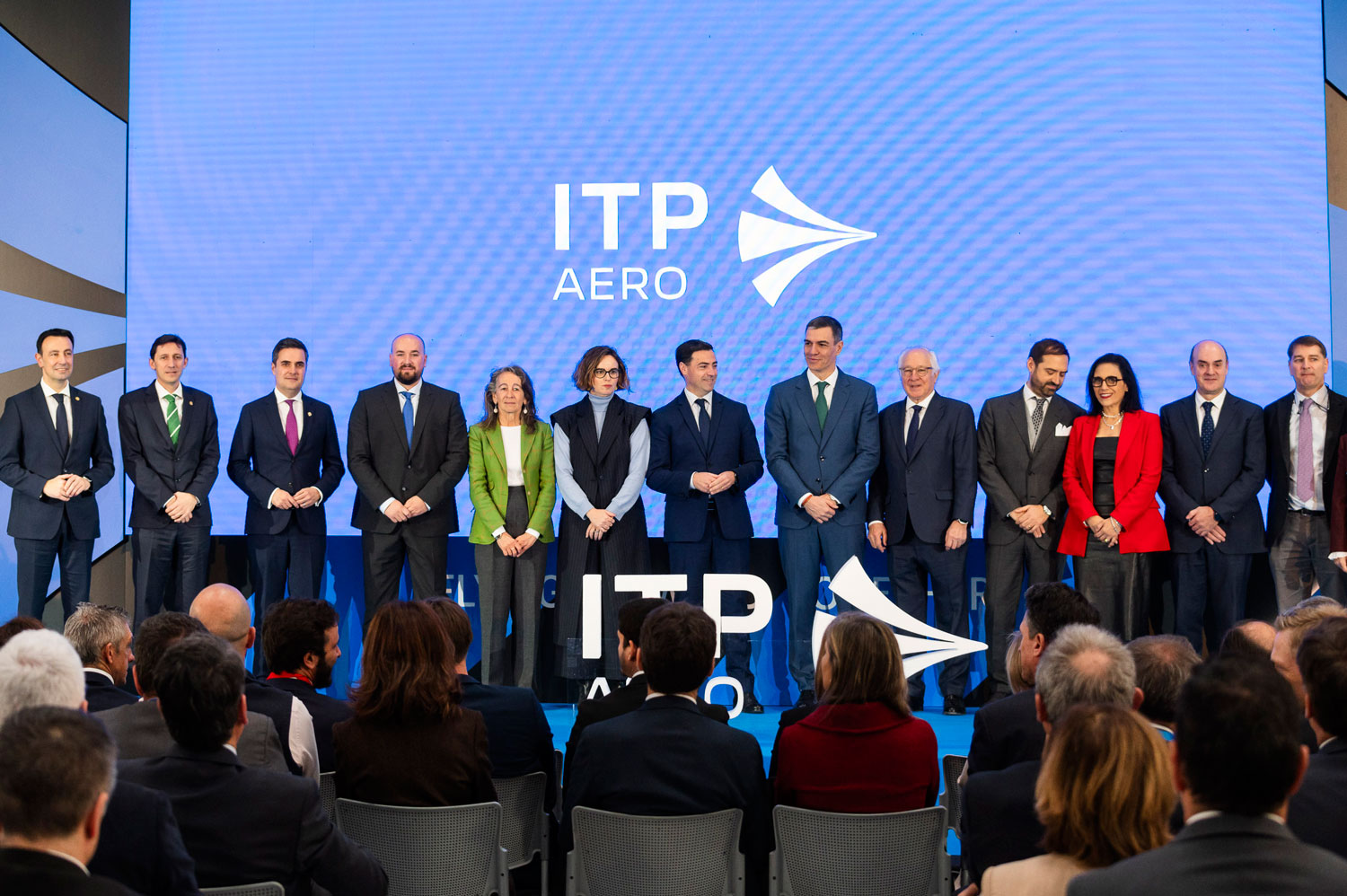Taxes paid by Petronor: little or almost nothing
- Ignacio Zubiri, Professor of Economics at the UPV/EHU, is one of the experts who best knows the area’s taxation and, according to him, “companies pay little or no”. Someone of good will may think it's a lot of saying, because every day we see our rulers in the news with the entrepreneurs, or visiting the factories. There, too, they appear together in tributes, awards and festivals of all kinds; the defence of the true interests of those responsible for our institutions is evident.

Petronor is the clearest example of this. It is often said to be the largest contributor to the Foral Treasury in Bizkaia. Lehendakari, Urkullu, and the Minister of Industry, Arantxa Tapia, visited the refinery on 16 June. A few days later, the Deputy General of Bizkaia, Unai Rementeria, presented the projects they plan to carry out with the President of Petronor. Therefore, the perfect harmony between the public-private.
In September of this year it has been stated that in the last year “Petronor has contributed an income of EUR 770 million to the Basque haciendas”, as is repeated in the media. But is that true? As Zubiri says, little or nothing.
These data have been extracted from the Petronor results accounts:
- In 2019, it earned a yield of 135 million euros before corporate taxes.
- However, it paid EUR 0 in corporate tax. Moreover, in addition to not paying, it received EUR 7 million from the Treasury. Therefore, the profit after payment of the Company Tax was EUR 142 million. This is not wrong. This situation is not understandable, but it is possible because tax regulations offer a lot of advantages to large companies to carry out tax engineering exercises that are not married to a democratic society.
- It paid EUR 14 million in local taxes.
- In public grants it received more than EUR 38 million.
Therefore, beyond propaganda, the reality is that Petronor earns money with Corporation Tax (in this case, EUR 7 million), although he earns 135 million. And institutions give Petronor a lot more money (38 million) than the company pays in taxes (just 14 million local taxes).
When Petronor's contribution is mentioned, it is possible that what they think is the IRPF paid by the company's workers. Because taxes are not paid by the company, but by the workers. Tax revenues from the Mineral Oil Tax or VAT may also be increased in the accounts. These taxes are not paid by the company, but by ourselves every time we buy fuel for our vehicle. We can therefore say that Petronor pays little or nothing. Professor Zubiri's phrase is really correct.
We would like to know if Urkullu, Rementeria and those who echo the news are aware of this. It's incredible that you don't know, and it would be very serious. But even more serious is participation in the clean-up operation for companies, when they are not prepared to do anything for social welfare.
Another conclusion is that there is a very wide margin for companies to increase the taxes they pay for profits, especially in large corporations with tens and hundreds of millions of euros of profits. Petronor would pay taxes, but the regulations allow it to avoid it. And who does the regulation? The ones that appear in the photo with the heads of Petronor. Political power and economic power therefore agree that Petronor and other companies should not pay the profit tax.
To those who deny companies the possibility of raising taxes, we would ask them not to feel hypocritical, especially in the current situation, and to tell the truth. Do you think it is good that Petronor does not pay the tax even though it makes great profits? Well, let them tell you. But please do not say that this is not the right time to increase taxes on corporate profits, wealth, capital and high incomes. It is never a good opportunity; our authorities think that it is never advisable to lighten the pockets of the wealthiest.
Bandera amerikanoz inguratuta, muga-zergen oldarraldi berria iragarri zion munduari Donald Trumpek apirilaren 2an. Geroztik hamaika astindu jasan dituzte burtsek eta nazioarteko merkataritzak. Baina hau ez da zoro baten boxeorako ringa bakarrik: AEBetako politikan hamarkada... [+]
Washington, D.C., June 17, 1930. The U.S. Congress passed the Tariff Act. It is also known as the Smoot-Hawley Act because it was promoted by Senator Reed Smoot and Representative Willis Hawley.
The law raised import tax limits for about 900 products by 40% to 60% in order to... [+]
At the beginning of the year, the Zedarria group publicly supported the "opening of the debate" on the "defense" industry (as well as the nuclear industry), to which the Basque Government has immediately joined. First, through Mikel Torres, Vice President and Economic Counselor, who... [+]
Public education teachers have the need and the right to update and improve the work agreement that has not been renewed in fifteen years. For this, we should be immersed in a real negotiation, but the reality is deplorable. In a negotiation, the agreement of all parties must be... [+]










